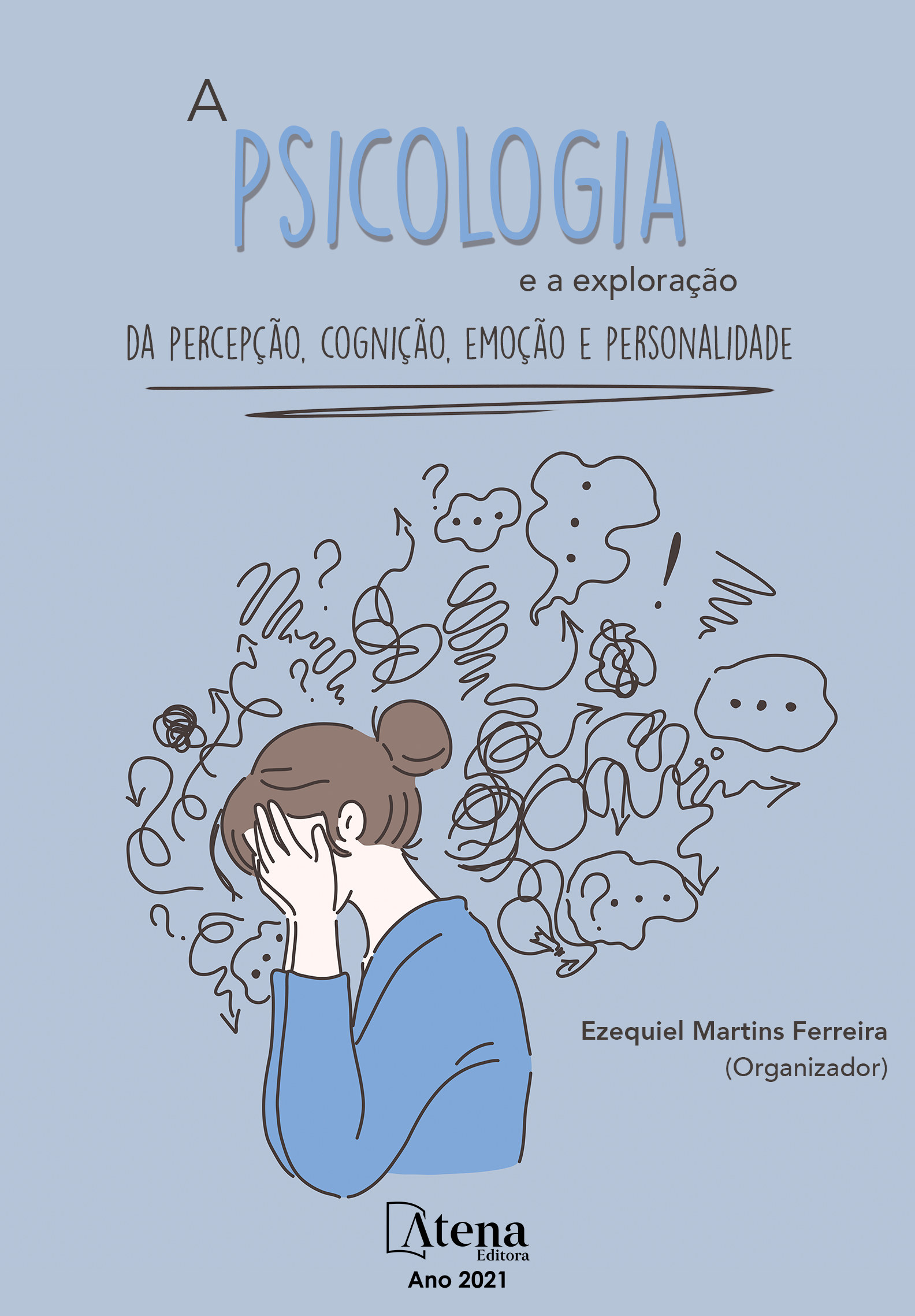
ASPECTOS ÉTICO-NORMATIVOS E A QUESTÃO ÉTICO-POLÍTICA EM RELATO DOCUMENTAL DE PESQUISA NO ÂMBITO DA PÓS-GRADUAÇÃO EM PSICOLOGIA
O presente texto expõe os resultados de uma pesquisa que buscou investigar nas Dissertações de mestrado, as questões ético-políticas e histórico-sociais explicitas e/ou implícitas nos aspectos ético-normativos das pesquisas e de sua avaliação ética pelo Sistema CEP/CONEP. Tomou-se como fonte bibliográfica o Banco de Dissertações do Programa de Pós-Graduação Mestrado e Doutorado em Psicologia da UCDB. O trabalho de seleção do material seguiu os seguintes critérios: relatos de pesquisa defendidos de 2009 a 2014; pesquisas com seres humanos; Pesquisas que afirmam textualmente haver operado com o método qualitativo; Não ter sido colocada em análise na pesquisa anterior, do ciclo 14/15. Por fim, selecionou-se 10 dissertações que correspondiam aos critérios e com este corpus textual seguiu-se a análise, orientada pela estratégia da Análise de Conteúdo. Nos resultados, pôde-se constatar a pouca atenção ou espaço dado a discussão e apresentação dos riscos e benefícios da pesquisa, bem como da devolutiva. Este dado, converge com resultados obtidos em pesquisa anterior, tendo sido algo recorrente em ambos. Indicia-se com isso uma postura irreflexiva do pesquisador acerca das consequências de sua pesquisa com relação aos participantes, tanto devido a um posicionamento temeroso com relação a descrição e discussão desses riscos e benefícios da pesquisa, devido a crença de que isso de alguma forma possa prejudicar sua avaliação ética; quanto a um aceite irreflexivo da linguagem corriqueira no âmbito da pesquisa, ou seja, a adoção de jargões da linguagem científica, que acabam por esconder ou não propiciam a reflexão ética. Destaca-se ainda a estratégia de resolução do compromisso ético através da sua comparação às pesquisas biomédicas, sendo portanto ética ao passo de não serem pesquisas invasivas (biologicamente) ou manipuladoras (biologicamente). Esse resultado abre espaço para a discussão acerca do movimento de construção dos comitês de ética em pesquisa próprios das ciências humanas e sociais.
ASPECTOS ÉTICO-NORMATIVOS E A QUESTÃO ÉTICO-POLÍTICA EM RELATO DOCUMENTAL DE PESQUISA NO ÂMBITO DA PÓS-GRADUAÇÃO EM PSICOLOGIA
-
DOI: 10.22533/at.ed.68721151213
-
Palavras-chave: Ética; Pós-Graduação; Psicologia.
-
Keywords: Ethics; Postgraduate studies; Psychology.
-
Abstract:
This text presents the results of a research that sought to investigate, in the Master's Dissertations, the explicit and/or implicit ethical-political and historical-social issues in the ethical-normative aspects of research and its ethical evaluation by the CEP/CONEP System. The bibliographic source used was the Dissertation Bank of the Masters and Doctoral Graduate Program in Psychology at UCDB. The material selection work followed the following criteria: research reports defended from 2009 to 2014; research with human beings; Researches that claim textually to have operated with the qualitative method; Not having been analyzed in the previous survey, from the 14/15 cycle. Finally, 10 dissertations that matched the criteria were selected and with this textual corpus, the analysis was followed, guided by the Content Analysis strategy. In the results, it was possible to observe the little attention or space given to the discussion and presentation of the risks and benefits of the research, as well as the feedback. This data converges with results obtained in previous research, having been something recurrent in both. This indicates an unreflective position of the researcher about the consequences of his research in relation to the participants, both due to a fearful position regarding the description and discussion of these risks and benefits of the research, due to the belief that this can somehow undermine your ethical judgment; as for an unreflective acceptance of common language in the scope of research, that is, the adoption of jargons from scientific language, which end up hiding or not propitiating ethical reflection. The strategy for resolving the ethical commitment is also highlighted by comparing it to biomedical research, which is therefore ethical while not being invasive (biologically) or manipulative (biologically) research. This result opens up space for discussion about the movement of construction of research ethics committees in the human and social sciences.
-
Número de páginas: 15
- Márcio Luís Costa
- ANTONIO RENAN MAIA LIMA


